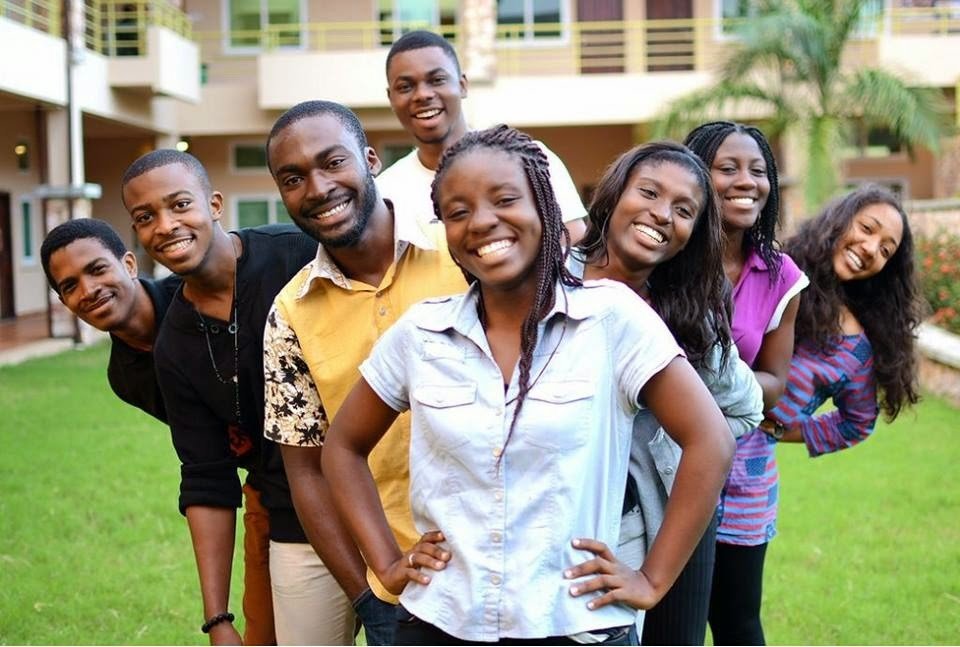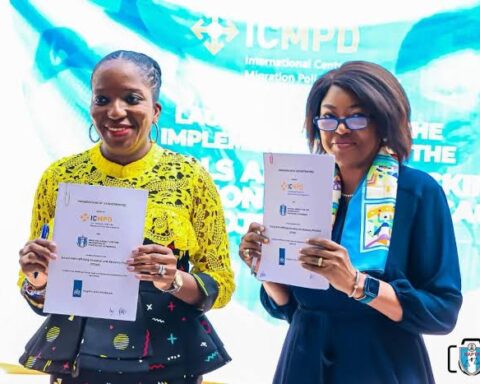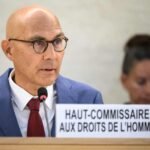A global peacebuilding organisation, Search for Common Ground (SFCG), has called on the Nigerian government to change its perception of young people from being threats to being partners in peace and security efforts.
Speaking at a press briefing in Abuja recently, Mr. Saji Prelis, Director of Children and Youth at SFCG and Co-Chair of the Global Coalition on Youth, Peace, and Security, criticized the government’s long-standing approach to youth engagement.
“Governments see young people from a place of panic, threat, and burden. We are determined to change the narrative from seeing them as a threat to seeing them as partners in peace and security efforts,” Prelis said.
To change the narrative, he disclosed that SFCG has launched the Youth 360 Model, a new initiative aimed at empowering young Nigerians as leaders in conflict resolution and peacebuilding.
SFCG Acting Country Director, Ouattara Karno, explained that the model seeks to transform the perception of youths as victims or perpetrators of conflict and instead position them as key agents of change.
“This model is designed to tap into opportunities for youth-led actions contributing to peace and security,” Karno said.
The country Director noted that SFCG has been working in Nigeria since 2004 and has developed several programmes to foster peace, including community-based peace architecture, early warning systems, and digital peacebuilding initiatives.
According to him, one of its key projects, the Nigerian Youth Collaborative Action for Religious Engagement (Youth CARE) project, has trained 22 young religious activists in Bauchi State to promote freedom of religion and belief.
Also speaking, the Director of Programmes, Gift Omoniwa, revealed that the organisation is providing livelihood support to over 500 young people across 66 communities in Rivers, Bayelsa, and Delta States.
“Also, we are supporting young persons to be champions of peace in the digital space, where we have provided training on digital literacy. We now have young persons identifying issues that are driving conflict within the digital space and promoting actions that are addressing them,” Omoniwa said.


























